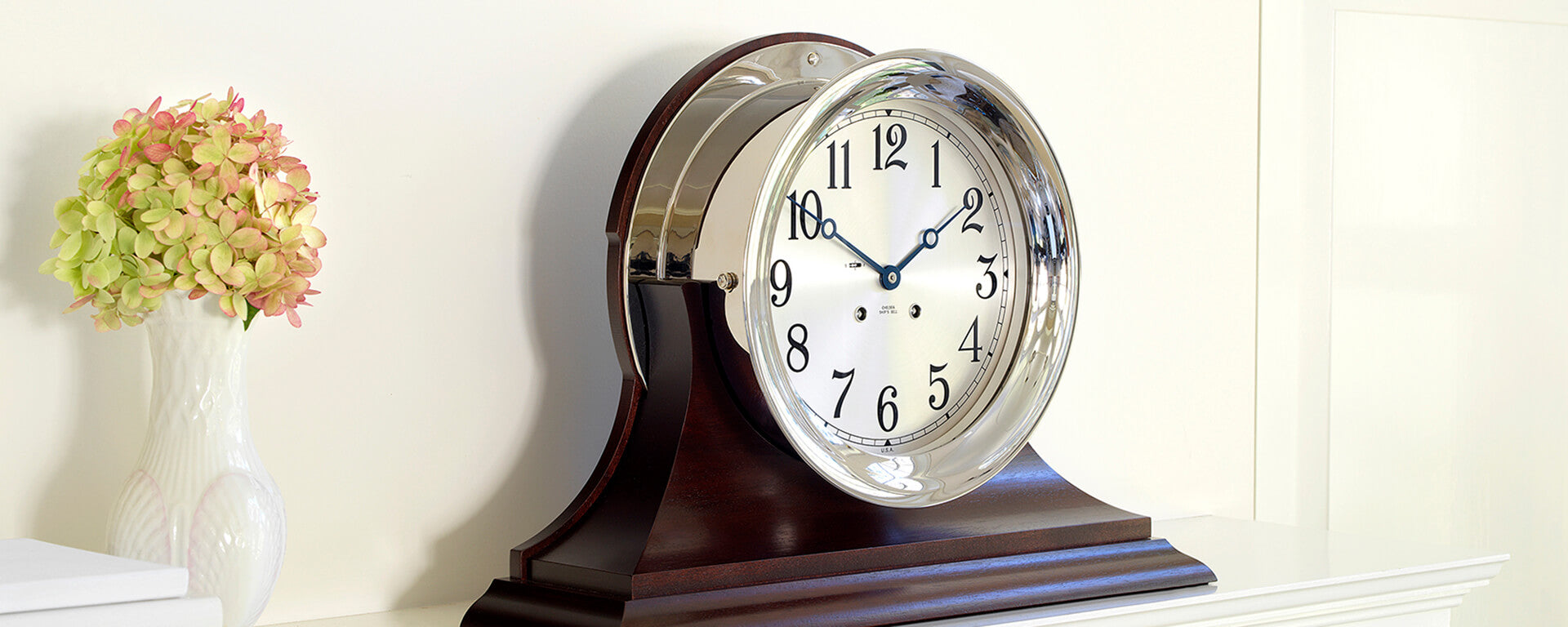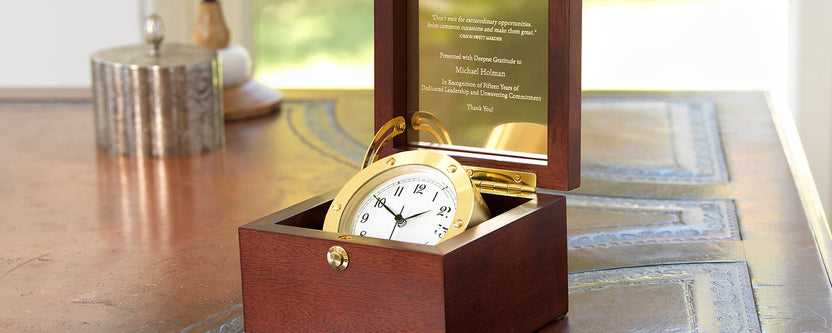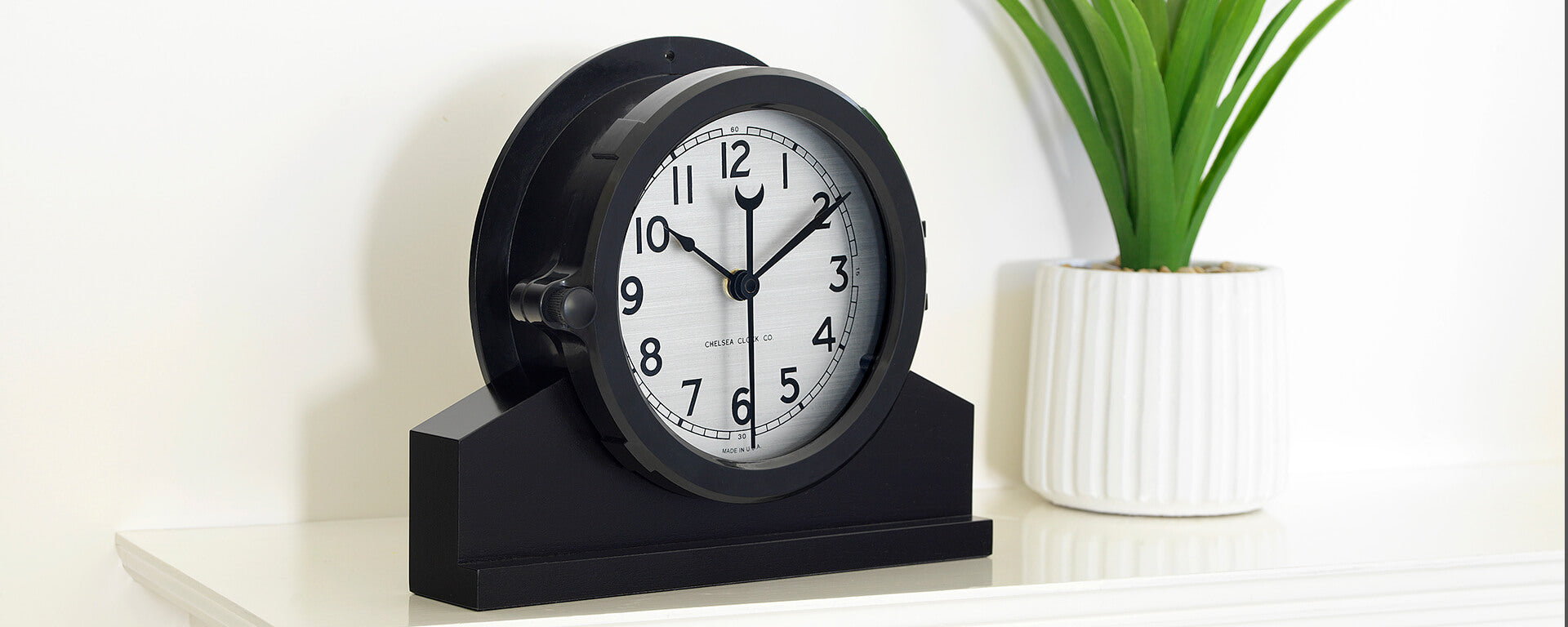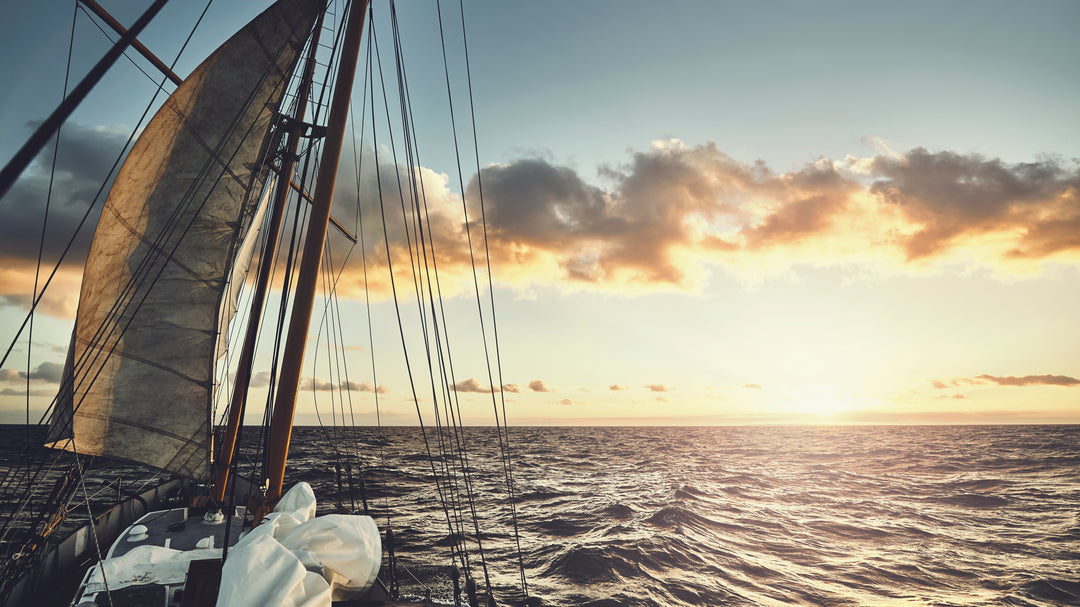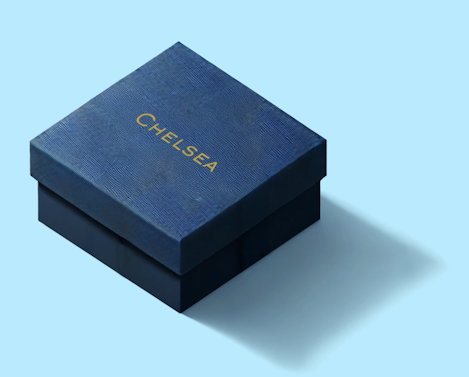Chelsea Clock Essay Contest Winner!
We asked you to send us essays explaining what your Chelsea clock means to you. We were so touched by the many stories we received, and will continue to share them here on our blog. For now, here is the winner, a story of love and perseverance, and one very strong spirit. Thanks, Paul, for sharing with us.
I have two Chelsea clocks. One was purchased several years ago and it is a beautiful, eight-day Maritime Commission ship's clock from WWII, mounted in the brass case. The second was my father's and it is a U.S. Navy Mark I boat clock in the Bakelite case with the integral shock mount. This boat clock has great sentimental value to me as it was originally installed on a 28' Elco cabin cruiser, built in 1932, that my dad had purchased in 1960. The boat's original name was Press On, and since she was documented, changing the name would have been a difficult process. He decided to keep the name, which was meaningless to most people but later, many veterans of the war would comment on its relevance. He and they told me that "Press On Regardless" was the motto of the convoys that delivered supplies to England and Russia during the war, the prior owner being a veteran of either of the Navy escorts or of the Merchant Marine.
Press On was moored in the North River in Marshfield, MA, when we took delivery on a weekend after a nor'easter had passed. I have a vivid memory of crossing the North River bar and taking a breaking wave over the bow and cabin top. My dad expertly spun the wheel and we rode the back of the next wave into more sheltered waters. We waited until the following weekend to bring the boat to her mooring in Cohasset.
We moved to Hyannis a year later and had the boat there during the years that JFK was president. We often saw him and his family, as his father's boat was kept in the same yard. It was during this time that it became my job to wind the clock each week. We often wondered if the Press On was taken by the Navy during the war, as documented vessels often were early in the war, or if the clock had been acquired elsewhere by the original owner.
We moved back to the South Shore in 1963 and kept her on a mooring in the inner harbor in Hingham. In 1967 or 1968, she needed a new engine but the boat clock still ran well. We installed the engine in the backyard over the winter and were able to launch by April. Unfortunately, a terrible spring storm caused carnage: Most moored boats in the inner harbor were driven to shore and wrecked including my dad's beloved Elco.
We hauled the remains of Press On that week and managed to save the engine, some gear, the Chelsea Boat Clock and little else. We flushed the engine with fresh water and drained it. We removed the starter and alternator, baked them at home in the oven and reinstalled them on the engine. We hung the engine from Vern Conlin's ancient crane in his boat yard near the 3A circle and to my amazement, it fired up after connecting the battery and supplying gas from an open coffee can.
That week was exhausting and the clock had been forgotten. Since it had been my responsibility to keep it wound, I asked Dad if I could try the flush-and-bake treatment. I disassembled the movement from the case and flushed it in fresh water then baked it in the oven at 250 degrees for several hours. I reassembled the movement in the case, wound it and was quite pleased when it ran after rocking the case.
My Dad replaced the Elco with a beautiful 32' Maine-built cruiser and renamed it Press On II, but he did not install the clock onboard. He had a spot for it at home, we kept it wound each week and we were amazed that it retained its accuracy. My Dad died very young a few years later and I inherited the clock which I had tended for 12 years. The clock now hangs in my workshop. --Paul O'Neill




